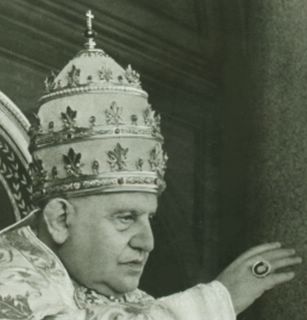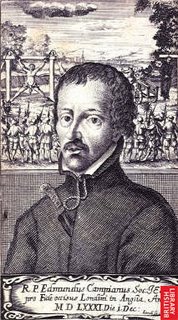
Pope John XXIII
From Ad Petri Cathedram:
All the evils which poison men and nations and trouble so many hearts have a single cause and a single source: ignorance of the truth-and at times even more than ignorance, a contempt for truth and a reckless rejection of it. Thus arise all manner of errors, which enter the recesses of men's hearts and the bloodstream of human society as would a plague. These errors turn everything upside down: they menace individuals and society itself.
And yet, God gave each of us an intellect capable of attaining natural truth. If we adhere to this truth, we adhere to God Himself, the author of truth, the lawgiver and ruler of our lives. But if we reject this truth, whether out of foolishness, neglect, or malice, we turn our backs on the highest good itself and on the very norm for right living.
From Pacem in Terris:
Any well-regulated and productive association of men in society demands the acceptance of one fundamental principle: that each individual man is truly a person. His is a nature, that is, endowed with intelligence and free will. As such he has rights and duties, which together flow as a direct consequence from his nature. These rights and duties are universal and inviolable, and therefore altogether inalienable.
When, furthermore, we consider man's personal dignity from the standpoint of divine revelation, inevitably our estimate of it is incomparably increased. Men have been ransomed by the blood of Jesus Christ. Grace has made them sons and friends of God, and heirs to eternal glory.



